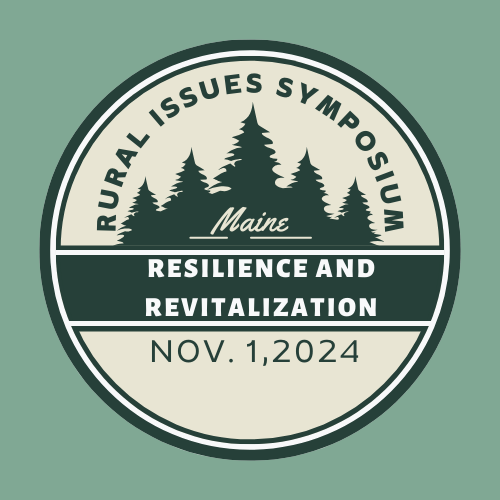Files
Download Full Text (11.7 MB)
Description
Social resilience tools, indicators, and targets used to plan for climate change can be strengthened and made more actionable through ground-truthing in community contexts. This work bridges generalizable indicators of resilience developed for the lobster industry as part of an ongoing National Science Foundation grant (#2220564) with understandings of climate risks and factors that influence resilience-related behaviors in two coastal Maine communities. Through interviews and participant observation, this project explores how people in communities with high reliance on lobstering perceive changes in trend and intensity for existing indicator ideas, such as coastal accessibility, as a way to understand potential differences in trends of resilience indicators and evidence from people’s own perceptions of change. Resilience activities are also mapped across key actors in each lobstering community to understand how future resilience actions may be enabled. Additionally, collaborators who engage in interviews will also be asked explicitly about the definitions and data used for existing resilience indicators to inform future resilience work. This project will be completed by October 2024 and enabled through partnership with a coastal Maine nonprofit, the Island Institute, and relationships with local leaders such as those in fisheries associations or local government. Working to complement resilience tools such as indices with meaningful questions about individual and community perceptions and behavior creates a possible model of next steps for resilience indicator research and that helps bridge broad resilience efforts with local experiences and well-being in rural, coastal Maine.
Publication Date
10-28-2024
Recommended Citation
Harrelson, Clea and Beitl, Christine, "Advancing Place-Based Understandings of Resilience in Maine’s Lobster Fishery" (2024). Rural Issues Symposium. 74.
https://digitalcommons.library.umaine.edu/rural_issues/74



